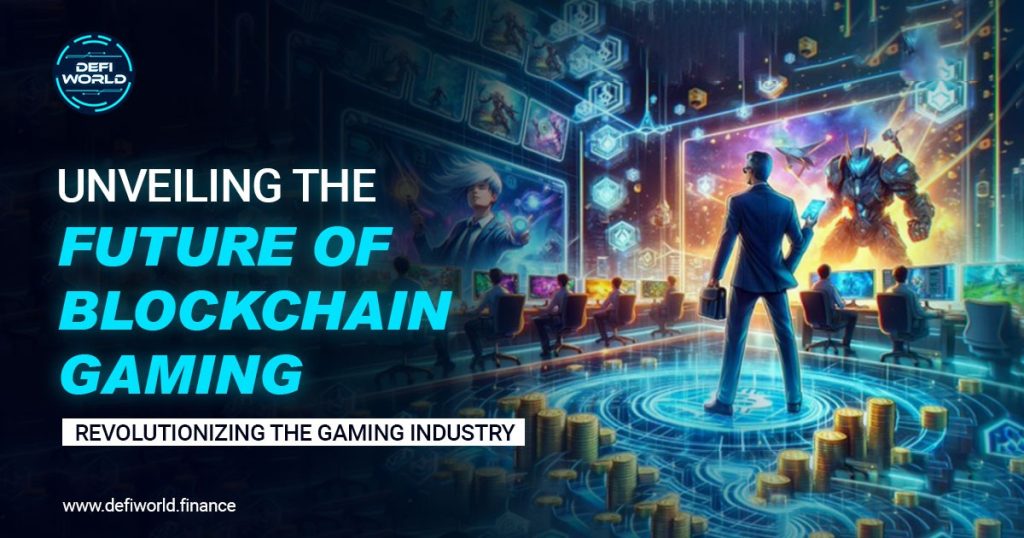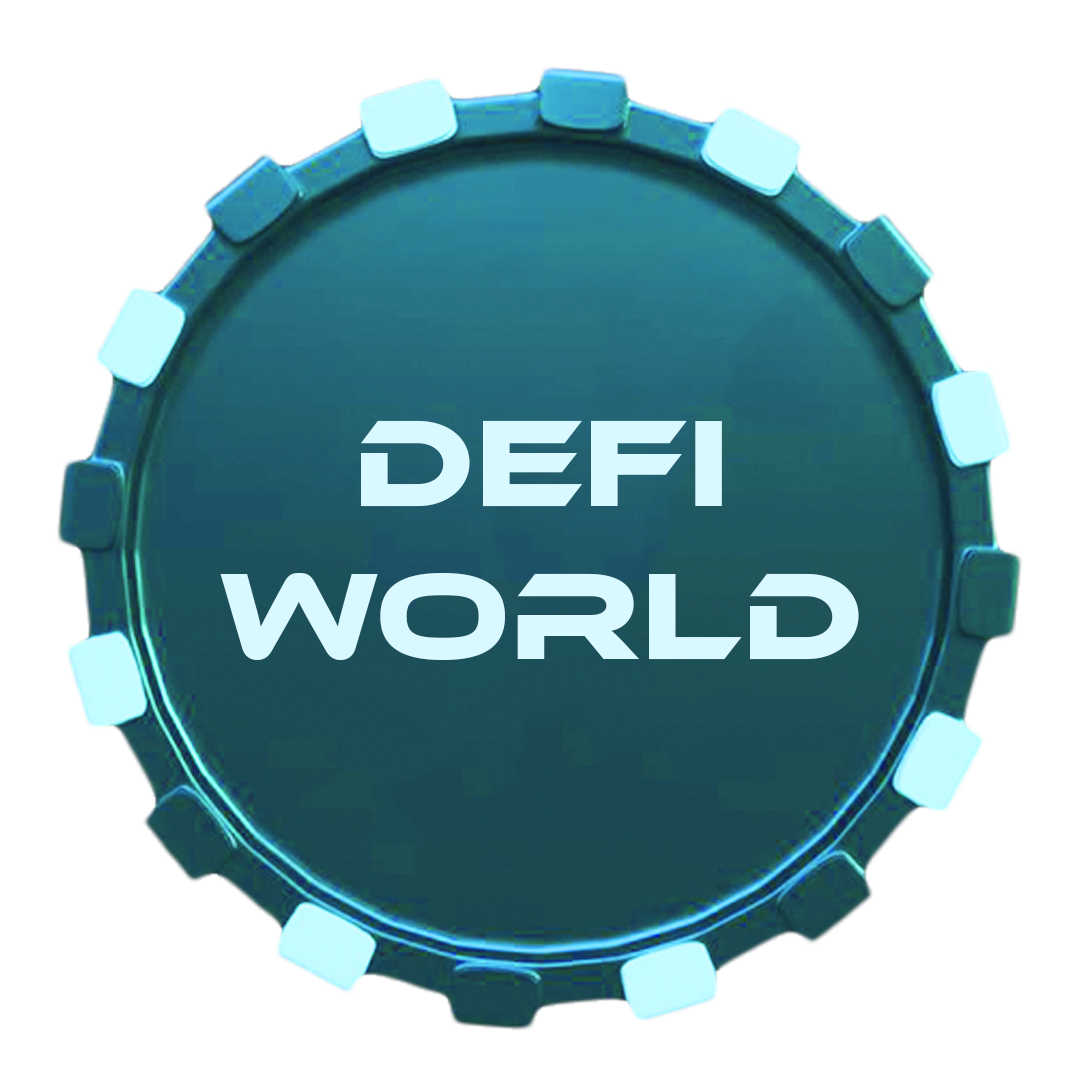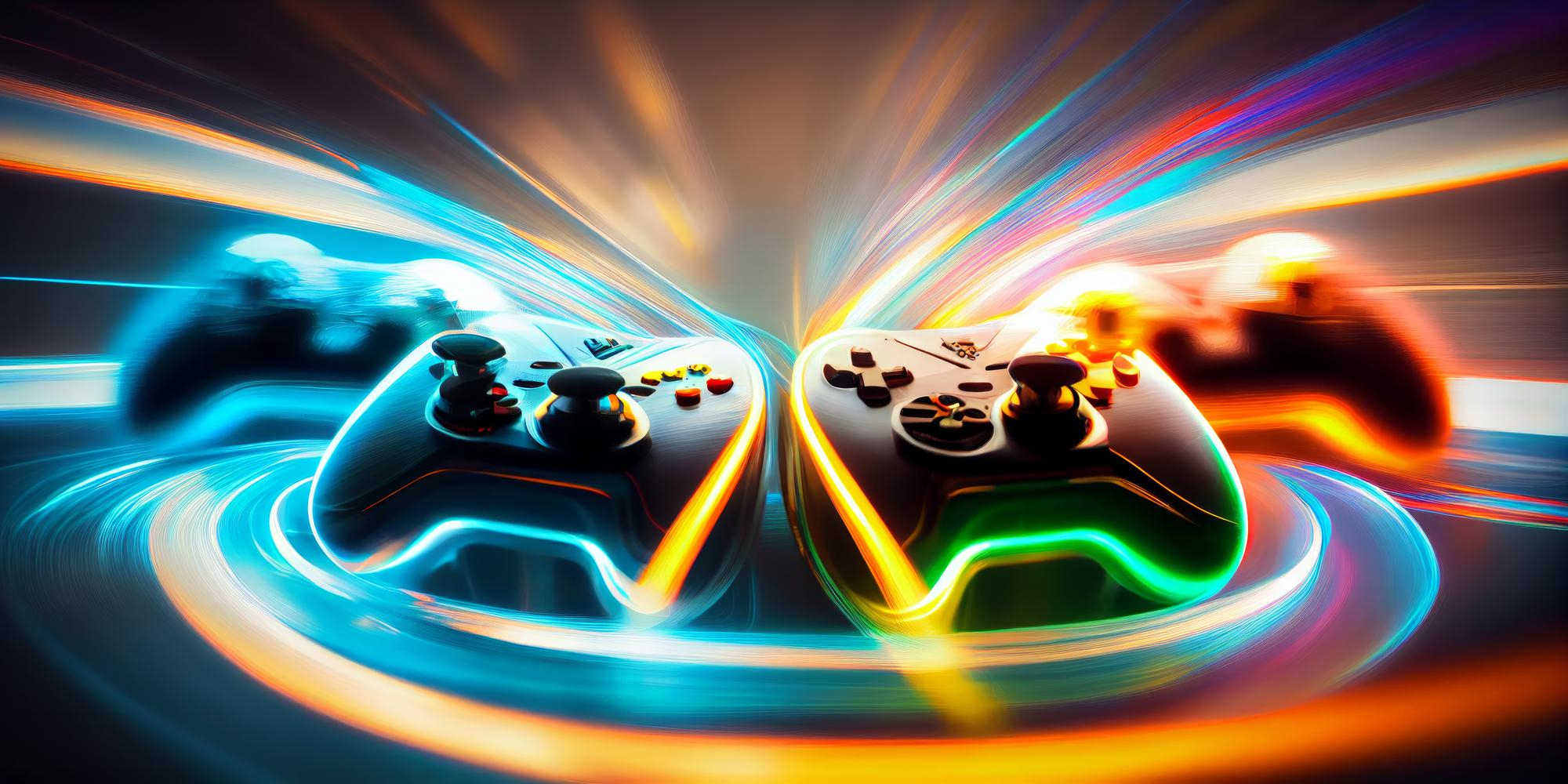DEFI World Announces Upcoming Token Listing, ICO, and Dubai Expo Participation

In recent years, blockchain technology has emerged as a game-changer in various industries, and the gaming sector is no exception. With its unique capabilities in facilitating secure, transparent, and decentralized transactions, blockchain has the potential to revolutionize the gaming industry in profound ways. Let’s delve into the exciting possibilities of blockchain gaming and how it is reshaping the future of gaming.
1. In-Game Asset Ownership: One of the key advantages of blockchain gaming is the concept of true ownership of in-game assets. Traditionally, players invest time and money into acquiring virtual assets within games, only to be restricted by centralized ownership models imposed by game developers. With blockchain technology, players have the ability to truly own their in-game assets as non-fungible tokens (NFTs), allowing for seamless transfer and monetization of virtual items across different games and platforms.
2. Play-to-Earn Mechanics: Blockchain gaming introduces the concept of play-to-earn mechanics, where players can earn real-world value by participating in gameplay activities. Through decentralized platforms and protocols, players can engage in various in-game activities such as completing quests, winning battles, or creating content, and earn cryptocurrency or other valuable rewards in return. This innovative model incentivizes player engagement and provides new opportunities for players to monetize their gaming skills and efforts.
3. Decentralized Gaming Platforms: Blockchain technology enables the development of decentralized gaming platforms that operate on transparent and trustless protocols. Decentralized gaming platforms leverage blockchain’s immutability and security features to ensure fair gameplay, transparent reward distribution, and ownership rights for players. These platforms empower players with greater control over their gaming experiences and foster community-driven ecosystems where players can interact, trade assets, and participate in governance decisions.
4. Interoperability and Cross-Game Integration: Blockchain gaming promotes interoperability and cross-game integration, allowing players to seamlessly transfer assets and progress across different gaming environments. By standardizing asset formats and protocols, blockchain technology enables interoperability between various games and platforms, creating interconnected gaming universes where players can explore new worlds and experiences without being constrained by traditional boundaries.
5. Enhanced Security and Anti-Cheating Measures: Blockchain gaming enhances security and anti-cheating measures through its decentralized and immutable nature. By storing game data and transactions on the blockchain, developers can mitigate cheating and fraud, ensuring a fair and secure gaming environment for all players. Additionally, blockchain technology enables transparent auditing of game mechanics and rewards, fostering trust and accountability within the gaming community.
In conclusion, the future of blockchain gaming holds immense potential to revolutionize the gaming industry by introducing new models of ownership, incentivizing player engagement, fostering decentralized ecosystems, promoting interoperability, and enhancing security measures. As blockchain technology continues to evolve, we can expect to see further innovation and adoption in the realm of blockchain gaming, creating new opportunities for players, developers, and enthusiasts alike.







